Category: News
-
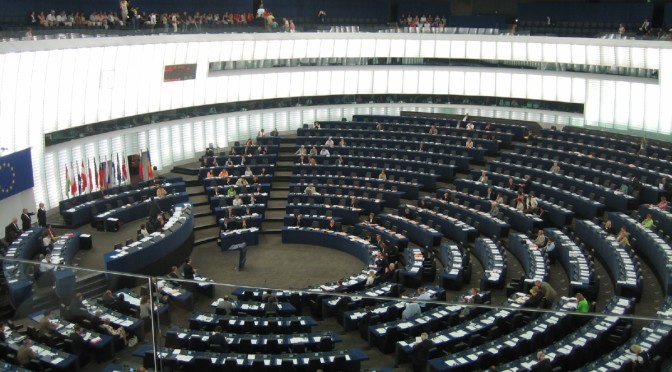
European Parliament Annual Human Rights Report Calls Member States to Recognize the Armenian Genocide
On March 12, the European Parliament adopted a resolution which puts Human Rights on top of almost all negotiations with third parties and countries. Specifically paragraph 77 “Calls, ahead of the 100th anniversary of the Armenian Genocide, on all the Member States legally to acknowledge it, and encourages the Member States and the EU institutions…
-
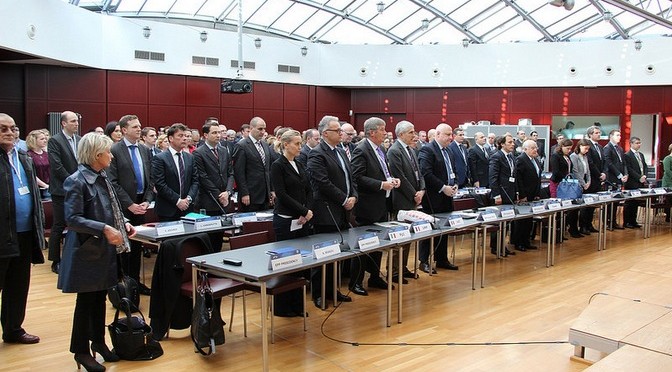
Resolution adopted by the EPP Political Assembly (3rd March 2015) on “ The Armenian Genocide and European Values ”
The European People’s Party reaffirms its recognition and condemnation of the Genocide and Great National Dispossession of the Armenian people on the eve of its 100th Anniversary on 24 April 2015. 1. We condemn the genocidal acts against the Armenian people, planned and continuously perpetrated by the Ottoman Empire and various regimes of Turkey in…
-

South Dakota becomes the 43rd US state to recognize the Armenian Genocide
– Legislature Calls on Turkey to End Its Denials and Work for a Just Resolution of this Crime (ancawr.org) PIERRE, SOUTH DAKOTA – South Dakota becomes the forty-third United States state to recognize the Armenian Genocide, with the adoption, earlier today, of House Concurrent Resolution 1009 (HCR 1009), reported the Armenian National Committee of America…
-
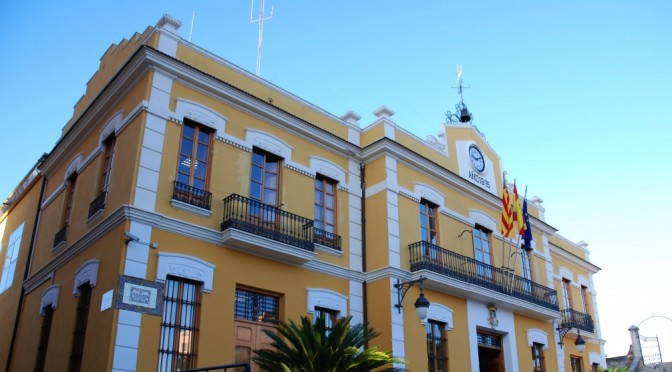
Spain’s Burjassot city recognizes Armenian Genocide
(horizonweekly.ca) The municipal council of Burjassot city of Spain has approved a motion recognizing the Armenian Genocide. The motion was presented by Compromis party, the press service of the Armenian Foreign Ministry reports. The motion said that this year marks the centenary of the Armenian Genocide – the first genocide of the 20th century. “In…
-
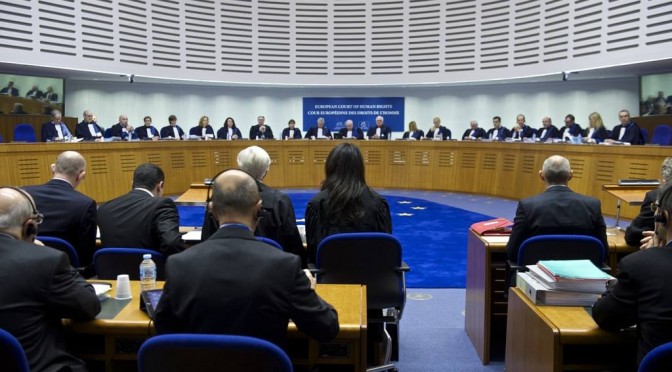
ECHR Holds Hearing on Genocide Denial (Detailed Report)
(armenianweekly.com) STRASBOURG (A.W.)—The European Court of Human Rights (ECHR) held a Grand Chamber hearing on Jan. 28, in the case of Dogu Perincek v. Switzerland. The case stems from a Swiss court verdict that in 2007 fined Perincek, a Turkish ultranationalist activist and chairman of Turkey’s Workers’ Party, over his 2005 statement calling the Armenian…
-

Israel President implicitly recognizes Armenian Genocide during General Assembly Holocaust memorial
Haaretz – Israel President Reuven Rivlin told the UN General Assembly on Wednesday that “cynical” accusations against Israel of genocide and war crimes harm the world body’s ability to fight the real thing. Speaking at the assembly’s ceremony marking International Holocaust Remembrance Day, Rivlin mentioned the 1915 Armenian Genocide – the killing of more than…
-

Genocide Education Project Establishes Course at University of Rhode Island
(asbarez.com) KINGSTON, I.R.—The University of Rhode Island is offering “The Armenian Experience: History and Culture,” a course on Armenian history, at its Kingston campus for the spring 2015 semester, beginning Jan. 26. As part of its “GenEd-HigherEd” initiative, The Genocide Education Project Rhode Island branch co-chairs, Pauline Getzoyan and Esther Kalajian, developed and proposed the…
-

ACO Releases Statement on Armenian Genocide
The Action Chrétienne en Orient (ACO) Fellowship released the following statement calling on its member churches to devote one Sunday in 2015 to the commemoration of the Armenian Genocide. The Action Chrétienne en Orient was originally created to provide assistance to the victims of the genocide that struck the Armenian people at the beginning of…
-

Resolution with Justice: Theriault Discusses Armenian Genocide Reparations Report
Special for the Armenian Weekly by Rupen Janbazian While recognition of the Armenian Genocide by the government of Turkey has been a priority for Armenian communities around the world, the notion of legal consequences that can emerge after recognition has generally been unaddressed or ignored. Certainly, the question of reparations for losses suffered both by…
-
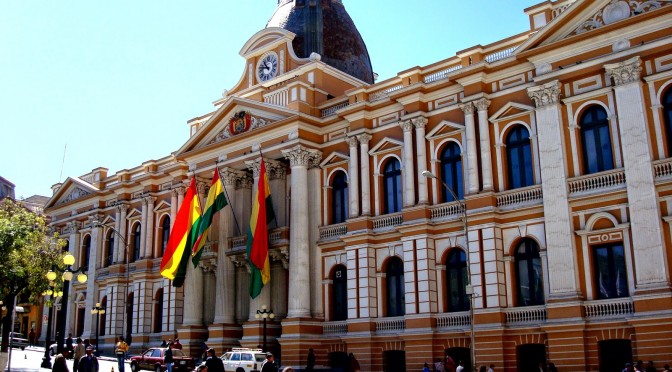
Bolivia Unanimously Approved a Resolution on the Armenian Genocide
(Prensa Armenia) On Wednesday 26 November, the Plurinational Legislative Assembly of Bolivia unanimously passed a resolution in solidarity with the claims of the Armenian people and condemning “all denialist policy regarding the genocide and crimes against humanity suffered by the Armenian nation.” Speaking to Prensa Armenia, Senator Zonia Guardia Melgar, acting chairperson of the Senate…